Reviewed by: Ysa Garcia
The toy industry just got a serious shake-up, and I'm genuinely excited about what Netflix has cooking. The streaming giant recently announced something that caught my attention in a big way.
Netflix has struck partnerships with both Hasbro and Mattel to create merchandise. Before you roll your eyes at what might seem like another licensing cash grab, hear me out. This feels different, and it could reshape Netflix's entire business model.
The numbers behind this property are staggering. We're talking about Netflix's most-watched film ever, racking up over 325 million global views in just 91 days (ContentGrip). The soundtrack dominated the Billboard 200 Albums chart and has been streamed 8.3 billion times globally (Licensing International).
And the kicker: all five main characters ranked as the top-searched Halloween costumes this year. That is not just streaming success. That is cultural impact turning into real-world buying intent.
A billion-dollar revenue opportunity just opened up
Let's talk numbers, because the financial potential here is massive. The Motley Fool suggests this merchandising push could ultimately generate billions of dollars in revenue. Think that sounds overly optimistic? Consider this: Disney reportedly earned several billion dollars from Frozen merchandise alone. The difference this time is that Netflix already has proof of instant global cultural penetration through streaming metrics.
What makes this move even sharper is Netflix's dual-licensing strategy. Instead of going with just one toy company, they've designated both Mattel and Hasbro as global co-master toy licensees (Hypebeast).
The setup doubles production bandwidth while leaning into each company's strengths. Mattel brings dolls and collectibles, and Hasbro brings games and electronics. Risk spread out, market reach pulled in.
The product rollout backs that up. Mattel is focusing on dolls and action figures, with a presale three-pack launching on November 12th. Hasbro handles plush toys, youth electronics, role-play items, and franchise tie-ins under MONOPOLY, NERF, and FURBY.
First out of the gate, "MONOPOLY Deal: KPop Demon Hunters," available for preorder now with January 2026 shipping.
Here is the validation that really matters: the property is already driving revenue beyond subscriptions. A sing-along version of the film topped the theatrical box office charts in August, with $18 million in ticket sales, despite being available on Netflix at the same time. Fans are paying extra for enhanced experiences. That mindset translates cleanly to premium merchandise.
Netflix is finally building its Disney-style content flywheel
Here's the fun part. Netflix is lining up something that could challenge Disney's merchandising machine. Disney built its empire through decades of theatrical releases followed by home video. Netflix flipped the script. It uses global streaming to spot cultural lightning, then moves fast to scale merchandise while the buzz is still loud.
What makes "KPop Demon Hunters" especially potent is the bridge it builds across audiences that rarely overlap in toy marketing. The K-pop angle pulls in teens and young adults who fuel social media trends. The demon-hunting adventure hooks younger kids who want action figures and plush toys. One franchise, multiple lanes. Collectible vinyl for older fans, interactive plush for kids.
The partnerships will create immersive new ways for fans to engage with the content (Netflix LinkedIn), which stretches the property's relevance far beyond the typical streaming window. That hits Netflix's big pain point: how do you keep a hit alive after the first few weeks? Physical products keep the brand in the room, literally.
Unlike Disney's traditional, multi-year development cycles, Netflix can identify merchandise-worthy properties in real time using streaming data. When 325 million people watch something in 91 days, you do not need focus groups to confirm the obvious.
The timing couldn't be better for this strategic shift
The full retail launch is scheduled for Spring 2026, then it runs through the holiday season and beyond. Smart pacing, limited early releases now, heavy retail when toy aisles are packed. Both companies will distribute their products worldwide starting in 2026, so the rollout will meet the franchise where fans already are.
This also lands at a pressure-filled moment for Netflix. The streaming field is crowded, subscriber acquisition is getting more expensive, and investors want new revenue streams. Merchandising gives Netflix a way to monetize hits without cannibalizing subscriptions.
The cultural signals support the timing. When organic fan behavior makes your five leads the year's most-searched Halloween costumes (Licensing International), you are not chasing a fleeting meme. Retailers like Target and Walmart want that kind of staying power before they go big on shelf space.
The partnership structure itself shows Netflix leveling up beyond pure streaming. By working with both major toy companies at once, the company maximizes production capacity and avoids a single-point bottleneck. That is not dabbling. That looks like a real merchandising muscle being built.
What this means for Netflix's future
Bottom line, these partnerships are Netflix's most ambitious attempt to build revenue streams that extend far beyond subscription fees. The company has zeroed in on a property with cultural staying power and is using it to seed what could become a billion-dollar merchandising business.
The dual-licensing arrangement with Mattel and Hasbro signals commitment, not a side hustle (Hypebeast). It reads like a core pillar of the future business model, not a nice-to-have.
For consumers, this hints at a broader shift in how streaming platforms judge success. Not just viewing hours, but the ability to fuel ongoing engagement through physical products, live experiences, and extended franchise development. Netflix is inching toward becoming a full-scale entertainment ecosystem.
The real test comes in Spring 2026 when these products hit shelves globally. Disney did not build its merchandising empire overnight; it took decades of careful brand management and trust. Netflix has the content and the partners. The execution, global coordination, and retail follow-through are still being learned.
If this "KPop Demon Hunters" merchandising push sticks the landing, expect Netflix to change how it evaluates and develops future projects. Properties with merchandising potential will get priority resources, longer marketing runways, and sharper release timing. Feels like the first act of a bigger play.




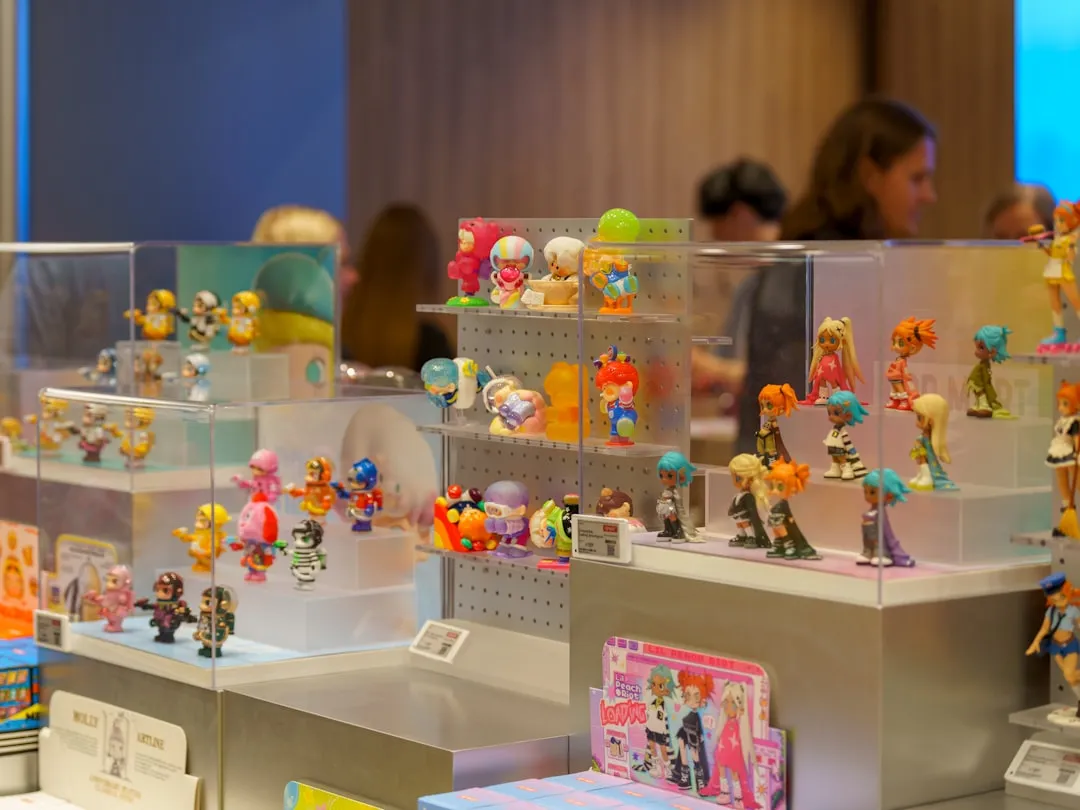
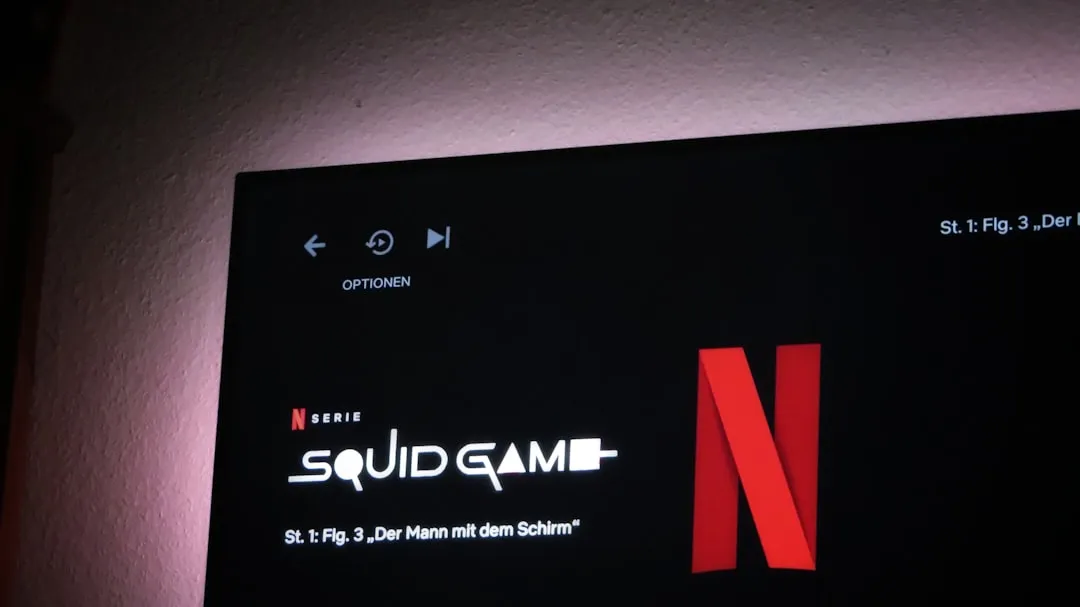
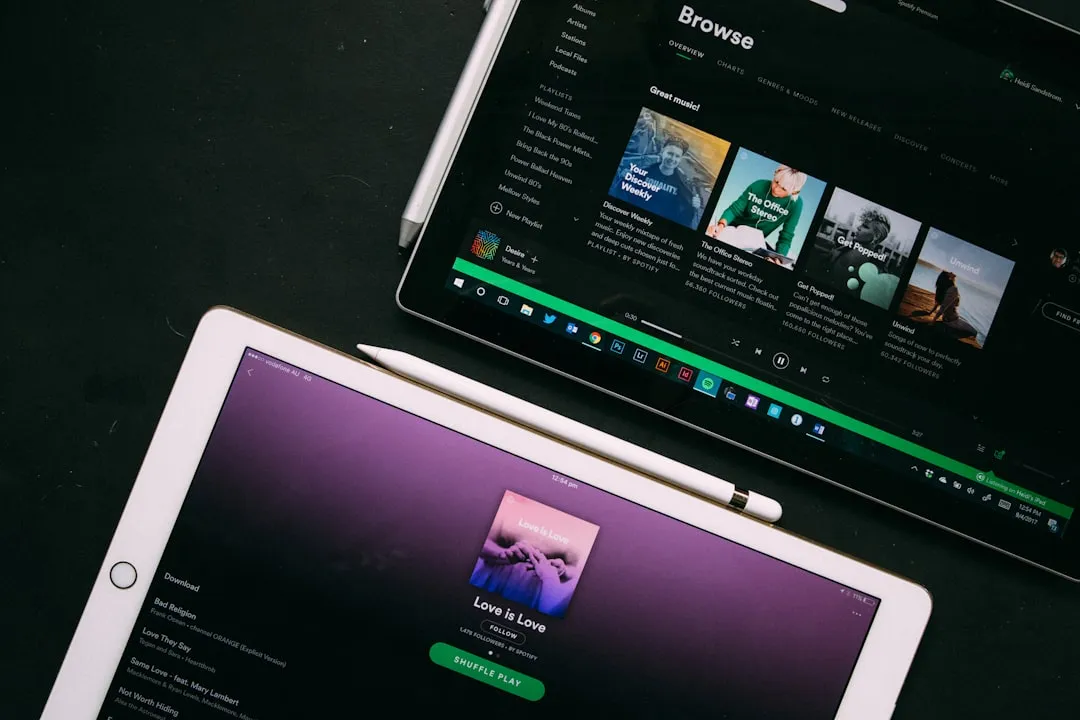

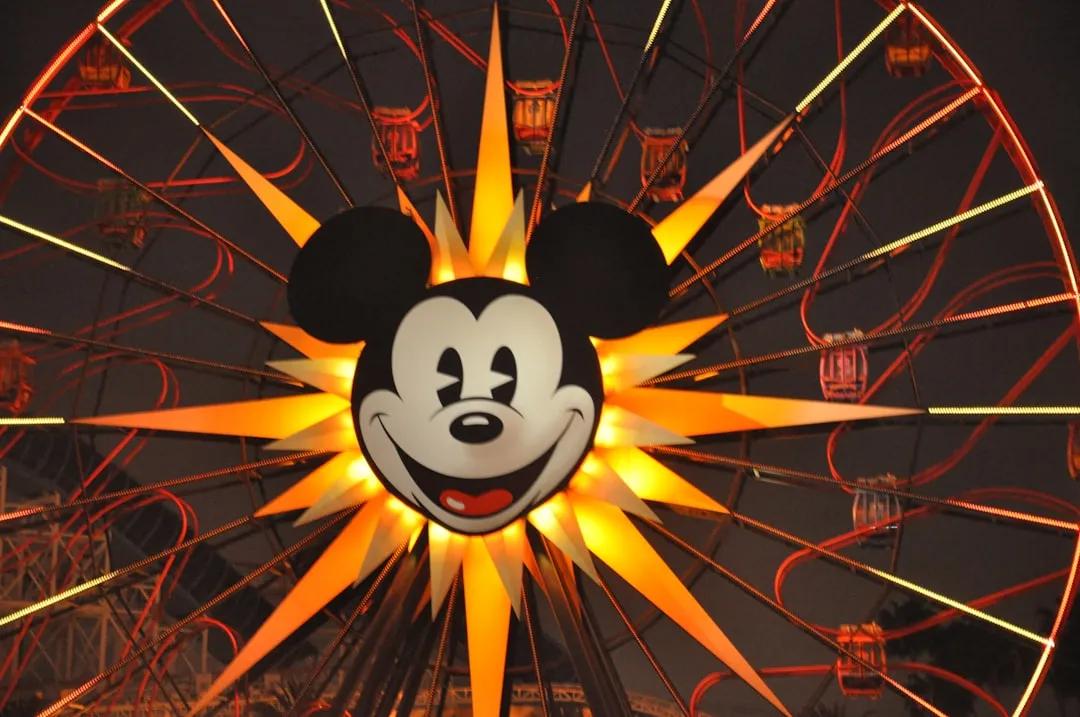
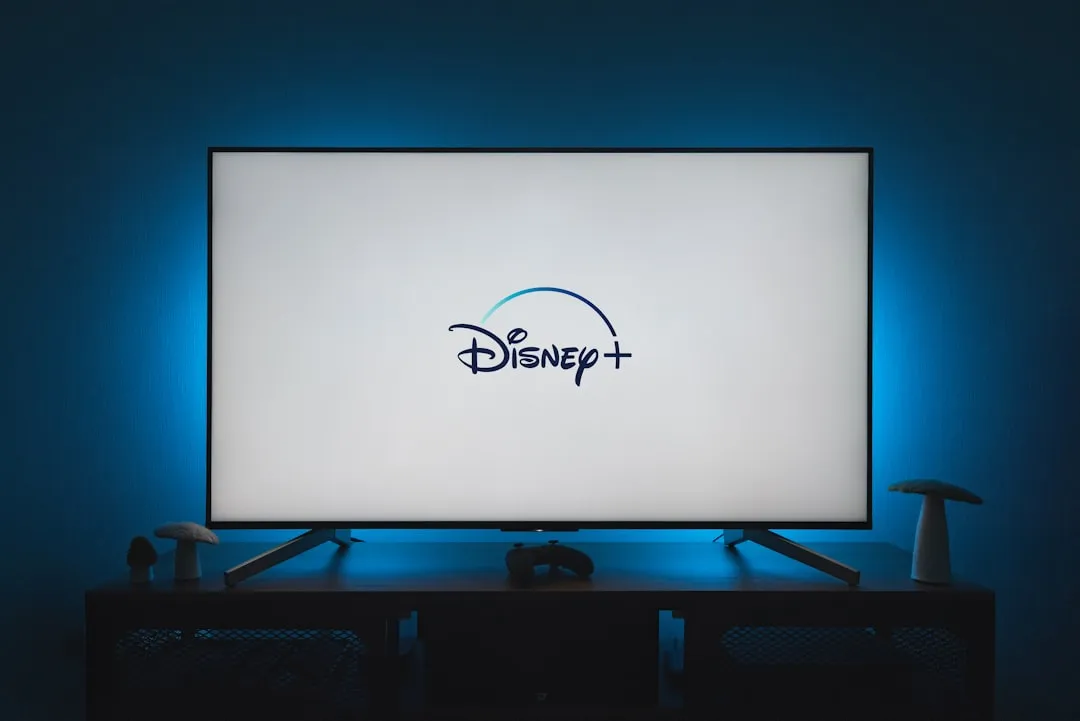

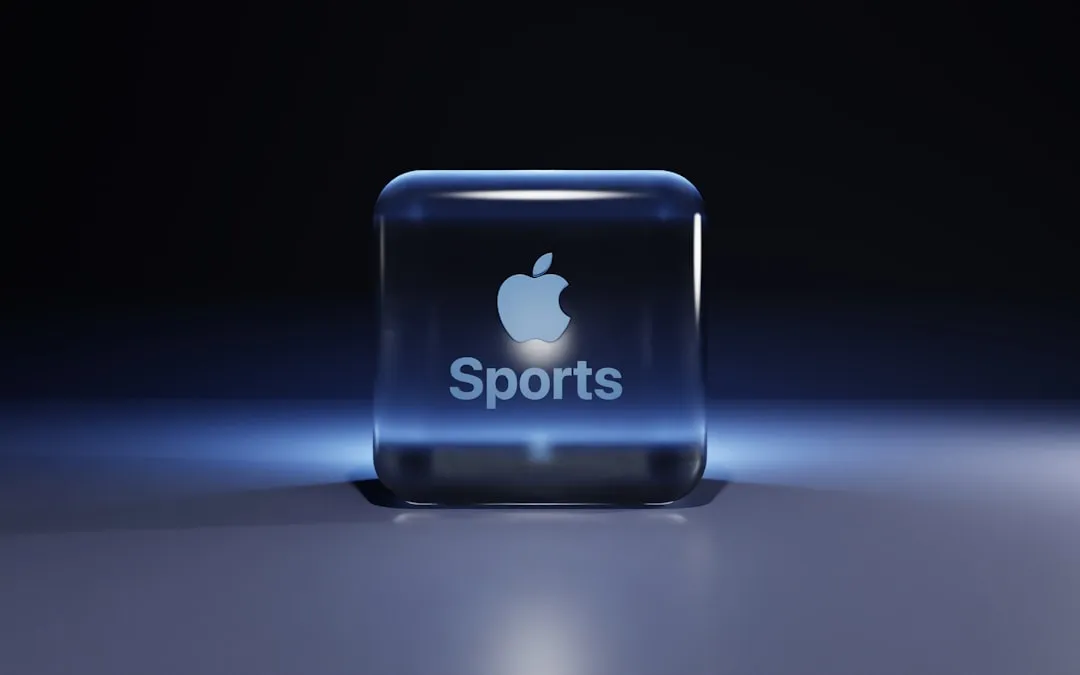
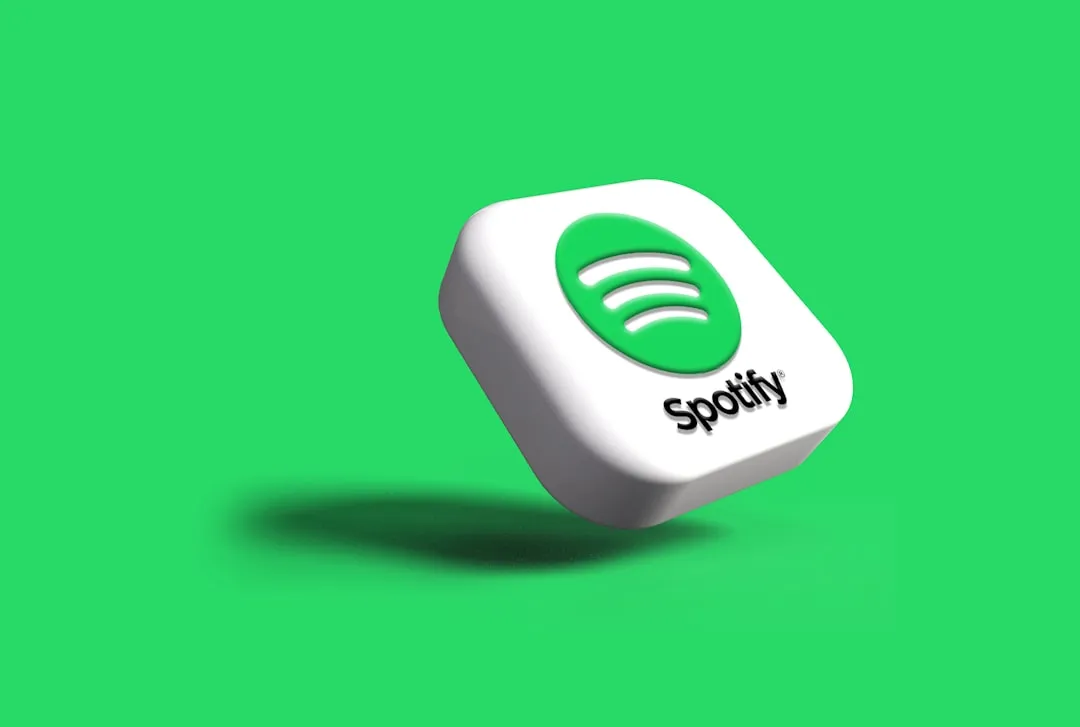

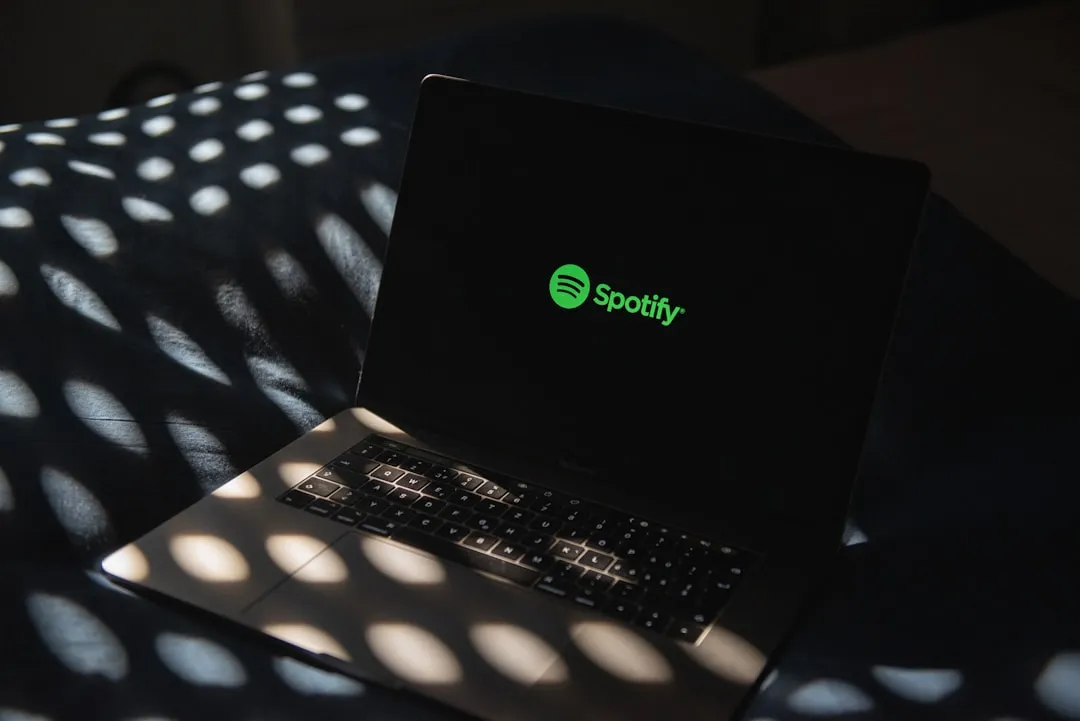

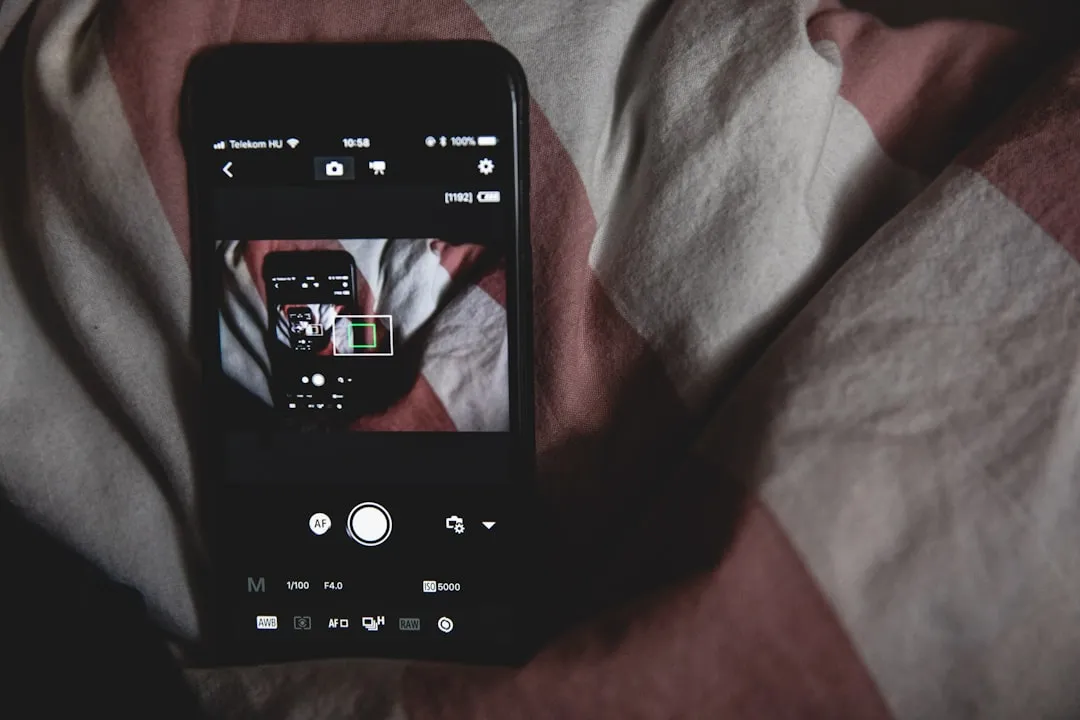
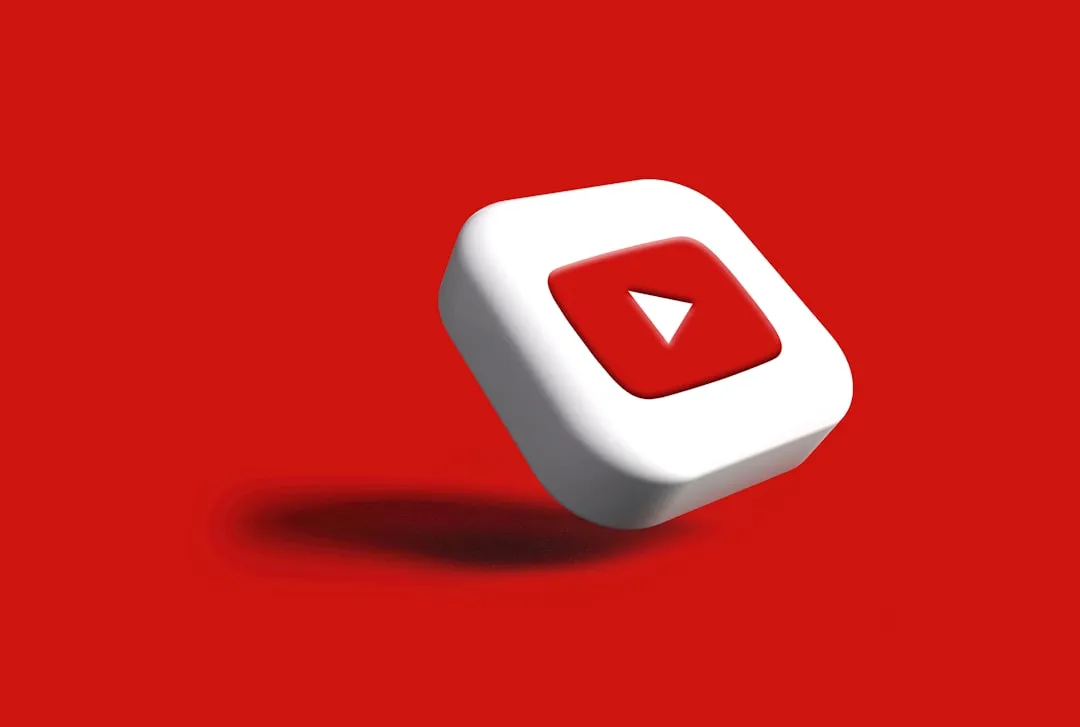
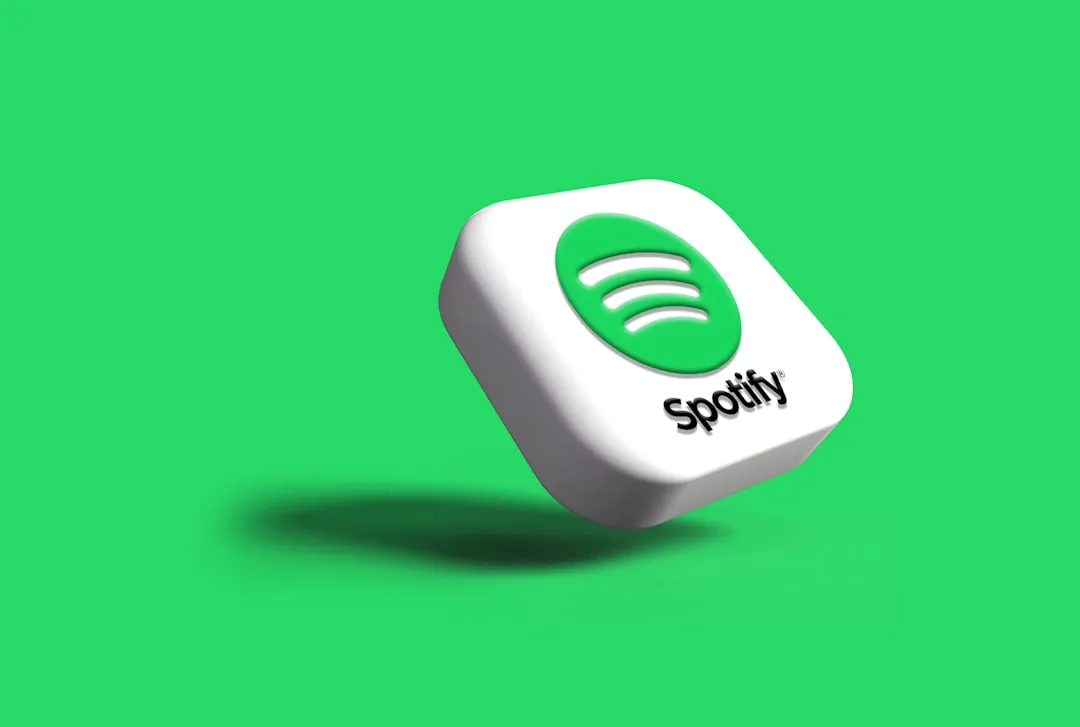
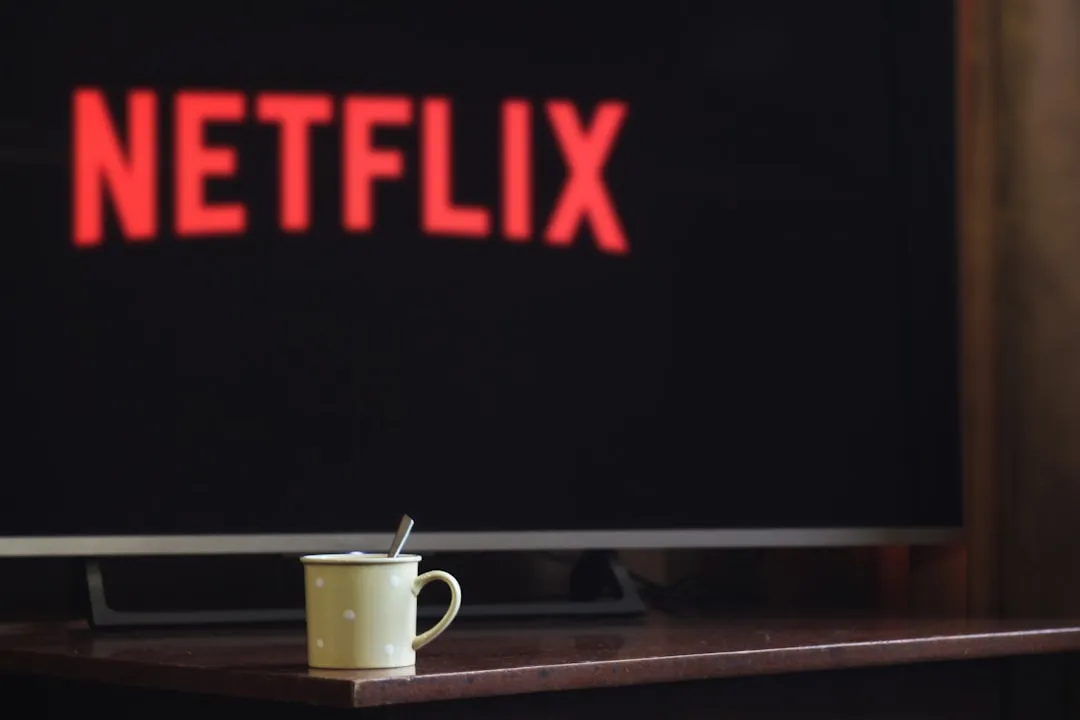
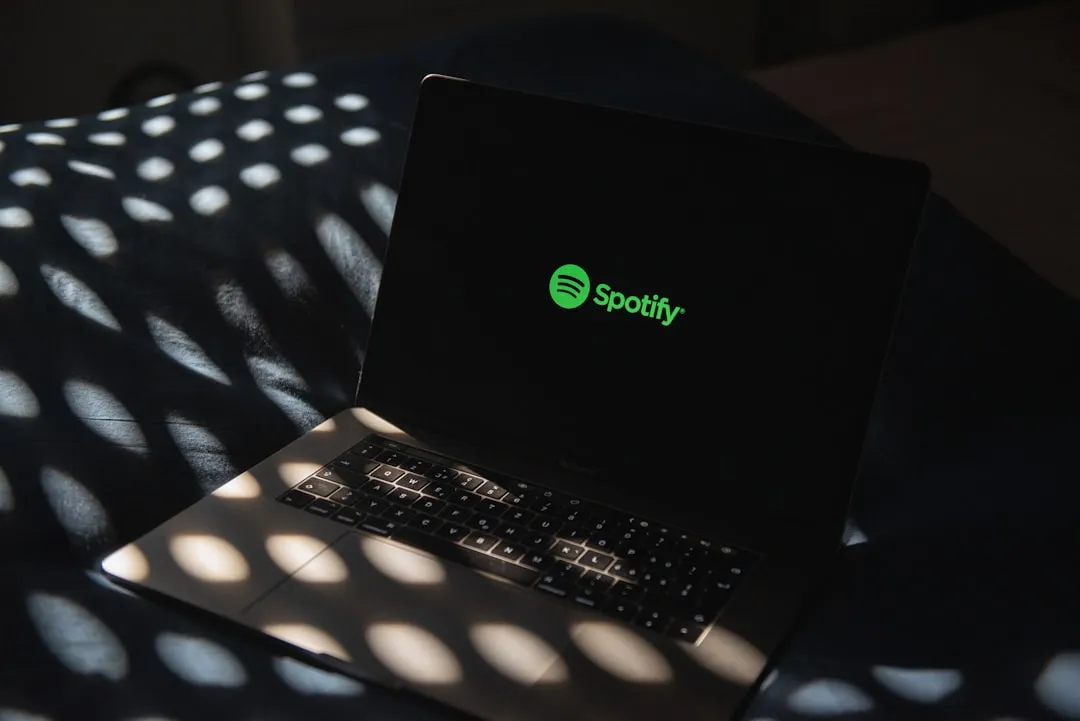
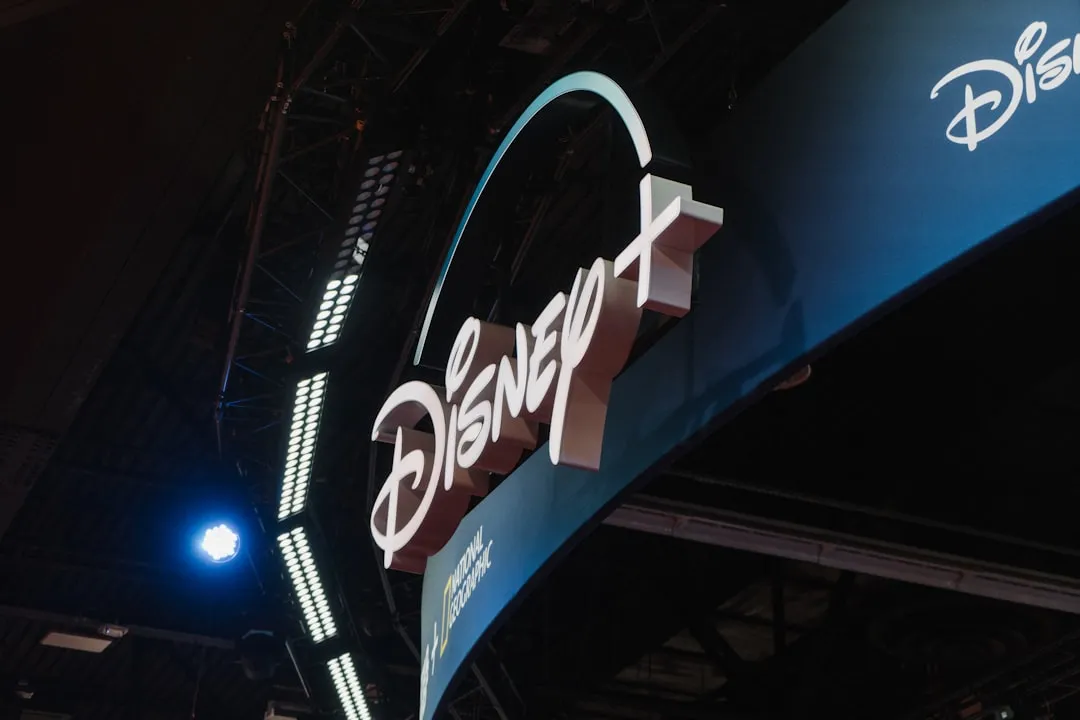
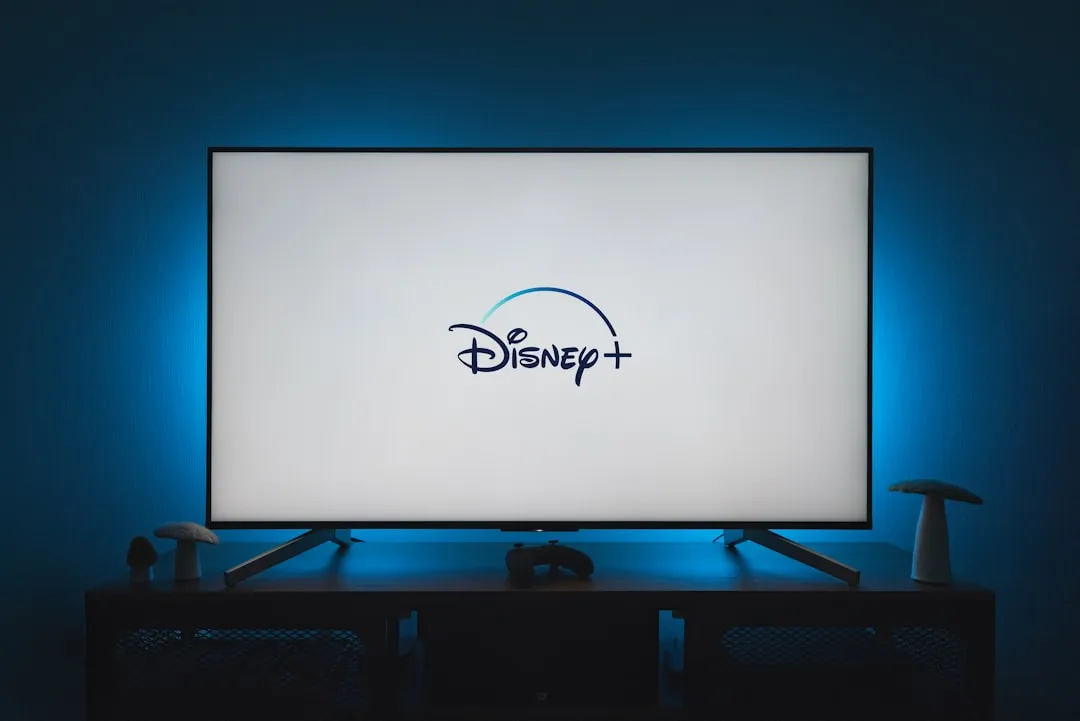
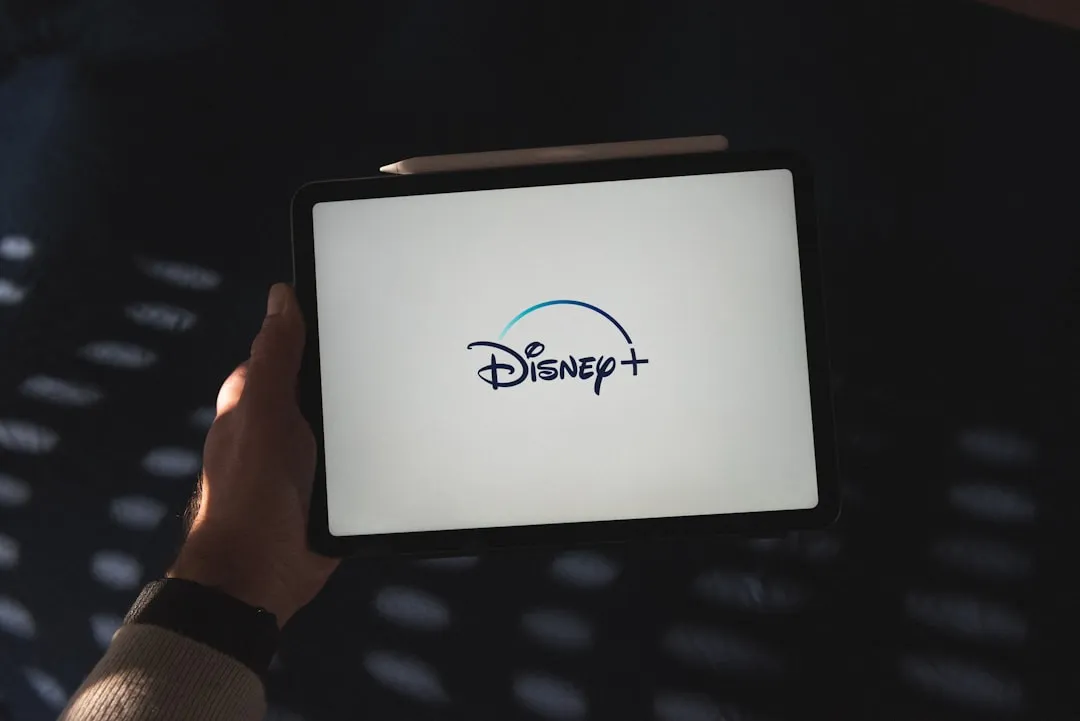
Comments
Be the first, drop a comment!